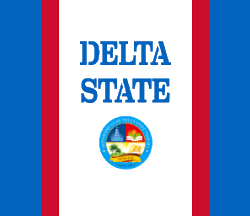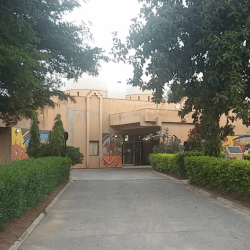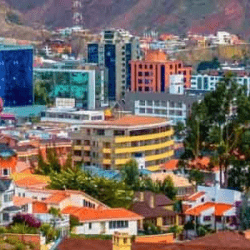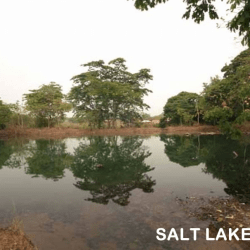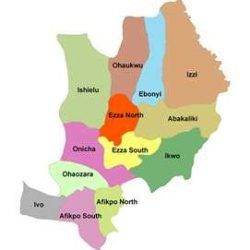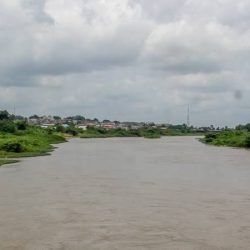The tourism industry cannot thrive in any given society unless there are well-developed hotel services. For this reason, the state has embarked on the development of hotels. The following are good hotels of international standard.
- Grace Court Hotel & Suites: This hotel has about sixty-five (65) developed suites with a bar and restaurant that offers continental African and Chinese cuisines. A conference hall and other facilities are provided. The hotel is located at the heart of the State capital, Abakaliki.
- Ebonyi Hotels: The hotel is located just beside the Government House Abakaliki. This hotel has 37 furnished rooms. There is also Ebonyi Hotels Afikpo. These two hotels are state government-owned.
Other hotels in the state include:
- Metro view Hotel
- Peoples’ Resort Hotel
- Adig Suites
- Salt Spring Hotel
- Eagle Royal Hotel, etc.
All of these Hotels, except Ebonyi Hotel Afikpo, are located at the State capital, Abakaliki.
Ebonyi
Ebonyi is a state in southeastern Nigeria, created in 1996 from parts of Abia and Enugu states. Ebonyi state is the 36th and youngest state in Nigeria.

It is bordered by Benue, Cross River, Enugu and Abia states.

The capital of Ebonyi is Abakaliki, which is also the largest city in the state. Abakaliki is a vibrant and modern city with many attractions, such as the Ebonyi State University, the Abakaliki Golf Course, the Ebonyi Cultural Centre and the Salt Lake.
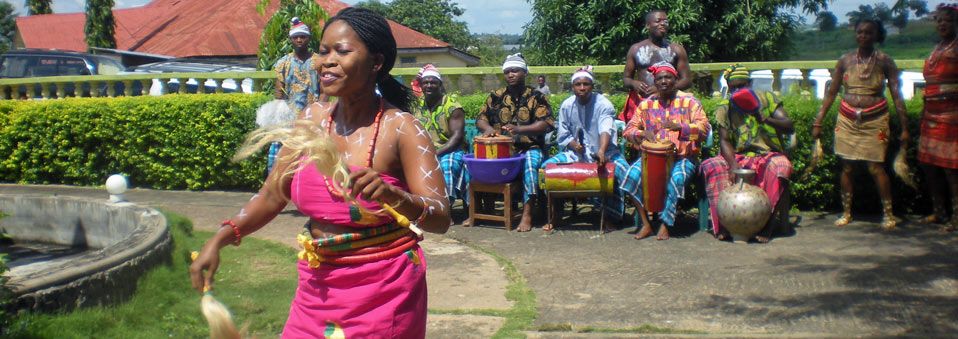
Ebonyi has large-scale natural resources, especially solid minerals such as lead, zinc, copper, limestone, salt, gypsum and granite. These minerals have attracted many investors and industries to the state, creating employment opportunities and boosting the economy.



Ebonyi is also a major producer of rice, yam, cassava, maize, beans and oil palm in Nigeria. The state has several irrigation projects and dams that support its agricultural activities.

The state is a melting pot of cultures and traditions. It has over 40 ethnic groups, each with its own language, customs and festivals. Some of the major ethnic groups in Ebonyi are the Izzi, Ezza, Edda, Ikwo, Mgbo, Kukele and Oring.
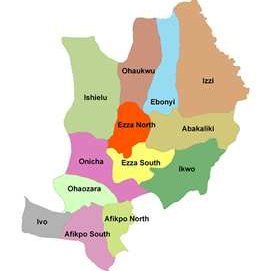
Some of the popular festivals in Ebonyi are the New Yam Festival, the Salt Festival, the Nkwo Market Day Festival and the Leboku Festival. These festivals showcase the rich heritage and diversity of Ebonyi people.
Ebonyi is also a tourist destination with many historical and natural attractions. Some of the places to visit in Ebonyi are the Amanchor Cave, the Oferekpe Waterfall, the Ndibe Beach, the Ishiagu Pottery Works, the Uburu Salt Lake and the Nkalagu Cement Factory. These places offer scenic views, recreational activities and educational insights into the history and culture of Ebonyi.
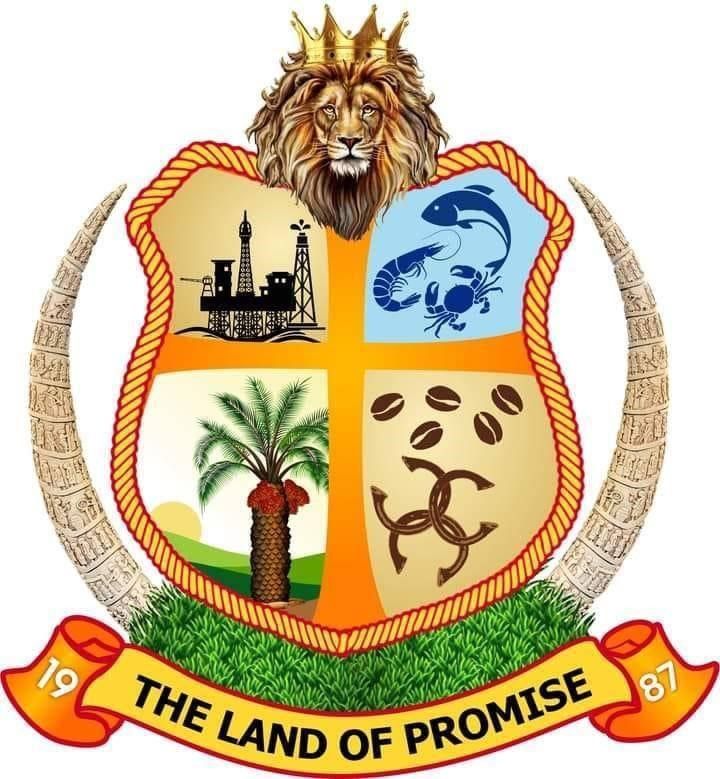
The state is one of the five states that make up the South-East geopolitical zone of Nigeria.


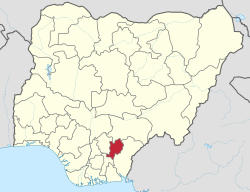
Landmass: 5,532.2 sq km (2,136 sq mi) – 35th of 37
State capital: Abakaliki
Local Government Areas: 13
LANDMASS, LOCATION, AND POPULATION
Ebonyi State covers an area of 5,532 square kilometres. It lies at latitude 6°15′ North and longitude 8°05′ East. It has a population of 2,176,947 (2006 census) 2,880,383 (2016 forecast) and a population density of 393. The state accounts for 1.6% of Nigeria’s total population.

HISTORY AND PEOPLE

The early settlers of Ebonyi State were the Igbo people. The state is named after the Ebonyi (Aboine) River. Under the three-region structure of 1954, Ebonyi State was part of the Eastern Region. In 1967 with the creation of twelve federal states by General Yakubu Gowon’s military government, it became a part of East-Central State. The 1976 military government of General Murtala Muhammed created nineteen states out of the existing twelve and Ebonyi State became part of Anambra State.
With the creation of Enugu and Abia States in 1991 by the military government of General Ibrahim Babangida, Ebonyi State became part of these states. In 1996, the military government of General Sanni Abacha created Ebonyi State by combining portions of Abia and Enugu States.
The Igbo people form the largest ethnic group in Ebonyi State and their language is the state’s lingua franca. A total of nine languages – Afikpo, Mgbo, Izzi, Ezaa, Ikwo, Kukele, Legbo, Mbembe and Oringare – are spoken in the state, all of which are Igbo dialects. Christianity is the major religion in Ebonyi State. About 1% of the people in the state are Muslims, while roughly 8% hold other beliefs.
MAIN TOWNS AND CITIES
Abakaliki (capital), Afikpo, Amasiri, Edda, Ishiagu, Nkalagu, Okposi, Onicha, Onueke and Uburu.
LOCAL GOVERNMENT AREAS
Ebonyi comprises 13 Local Government Areas (LGAs). The following are the LGAs and their headquarters, administrative capitals
| LGA | Headquarters |
|---|---|
| Abakaliki | Abakaliki |
| Afikpo North | Afikpo |
| Afikpo South | Nguzu-Edda |
| Ebonyi | Ugbodo |
| Ezza North | Ebiji |
| Ezza South | Onueke |
| Ikwo | Echara-Anuaboyi |
| Ishielu | Ezillo |
| Ivo | Isiaka |
| Izzi | Iboko |
| Ohaukwu | Ezzamgbo |
| Onicha | Isu |
| Ohaozara | Obiozara |

GOVERNORS
Walter Feghabo (Administrator – Military): October 1996 – August 1998
Simeon Oduoye (Administrator – Military): August 1998 – May 1999
Sam Egwu (Governor – Civilian (People’s Democratic Party)): May 1999 – May 2007
Martin Elechi (Governor – Civilian (People’s Democratic Party)): May 2007 – May 2015
Dave Umahi (Governor – Civilian (People’s Democratic Party/All Progressives Congress)): May 2015 – Present
ECONOMY
Oil palm
Ebonyi State is predominantly forest savannah. Agriculture and fishing are important in the state. An estimated eighty-five percent of the population earns its living from one form of agricultural activity or another. Ebonyi’s agricultural productivity is one of the highest in Nigeria. The main cash crops in the state are rice, oil palm, yam, sugar cane, cocoa and groundnut. Important minerals found in the state include lead, marble, zinc and limestone.
The state is called “the salt of the nation” because of the huge salt deposits at the Okposi and Uburu salt lakes. Nkalagu, where a major limestone formation is located. There are also quarries and rice mills.
EDUCATION
The tertiary institutions in the state are Federal University, Ndufu-Alike Ikwo; Akanu Ibiam Federal Polytechnic, Unwana; Ebonyi State University, Abakaliki; Federal College of Agriculture, Ishiagu; and State College of Education, lkwo.
FAMOUS SITES
Mmahi Ezi Salt Lake, Okposi Okwu

The Mmahi Ezi Salt Lake was discovered about 400 years by hunters in search of water.
The women process the salt using instructions said to have been issued by the goddess Mmahi. It has served as the economic base for most of the women in rural communities. It was an important supply of salt during the Nigerian-Biafran war.
Amanchor Cave, Amanchor

The Amanchor cave is one of the longest caves in Africa, It is about 4 kilometres long and 3 metres high.
The cave has several tunnels that lead to different towns making it accessible from Afikpo, Abakaliki, Ngusu and Akaeze.
Some cultural activities, including the Orie-Ogba festival take place in the cave.
Greater Rice Husks, Abakaliki

The Greater Rice Husks look like sand dunes in the desert when piled into heaps during the processing of rice.
CULTURE
The two major festivals in Ebonyi are the New Yam festival and the Dance Parade by Masquerades. The new yam festival is associated with the yam planting cycle. It marks the end of the planting season and heralds the harvest and consumption of new yam across communities in the state.
Masquerades have particular importance in the traditions of the state and its festival features vary across different communities.
